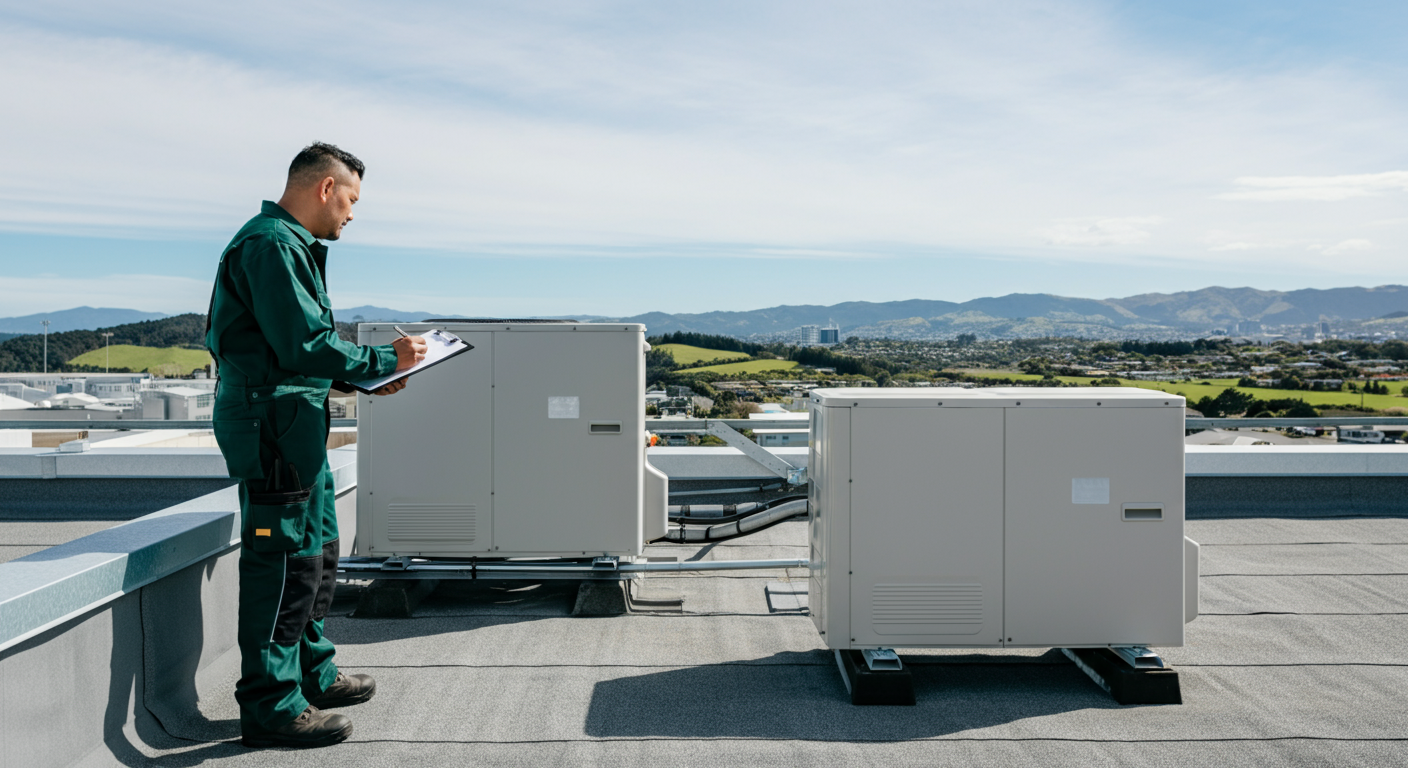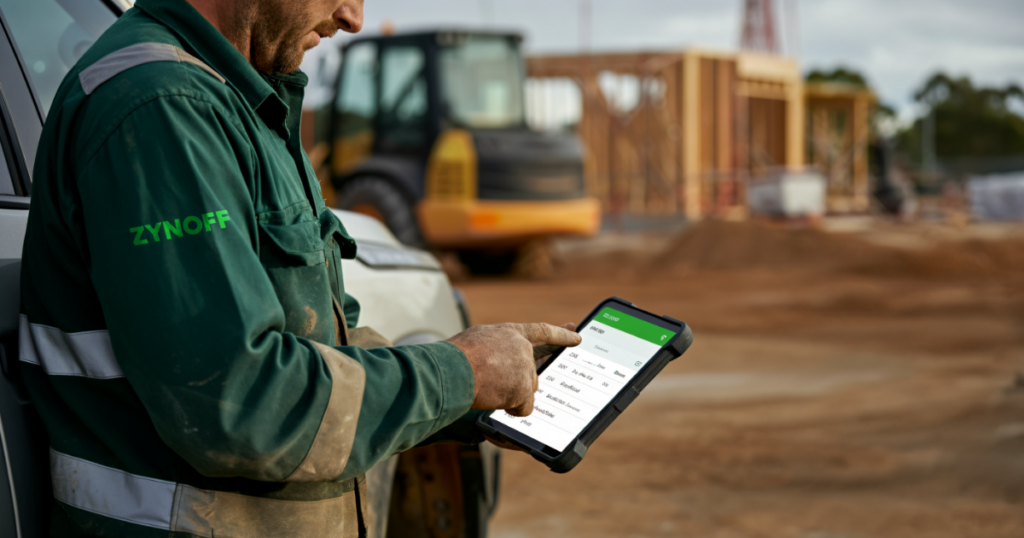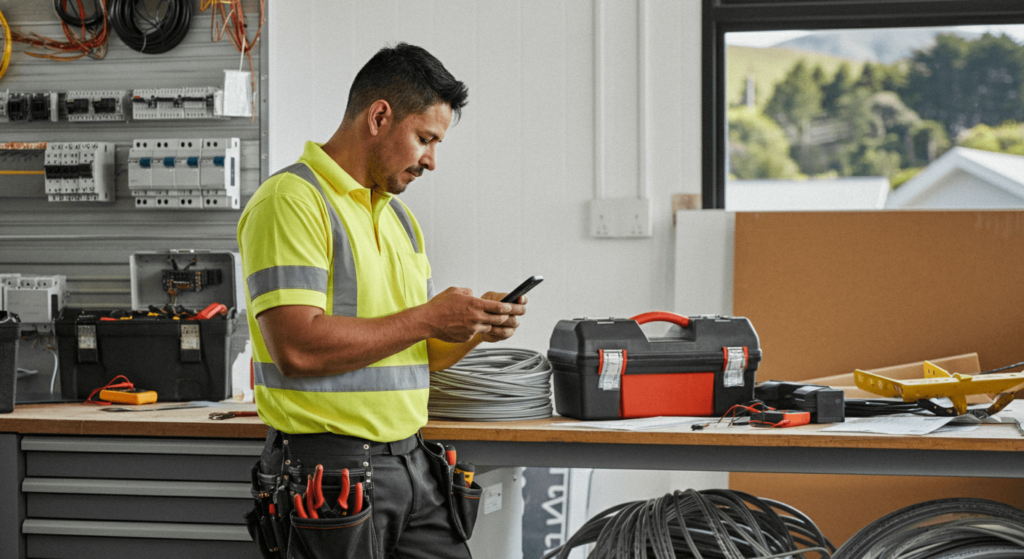The Australian construction landscape depends on HVAC contracts to deliver proper control of heating, ventilation, and air conditioning systems within different industrial sectors. These formal agreements encompass a range of services, including installation, maintenance, repairs, and consultancy, providing a structured approach to system design and operation. By adhering to national standards like the National Construction Code (NCC) and energy efficiency initiatives such as the HVAC High-Efficiency Systems Strategy (HESS), HVAC contracts in Australia promote regulatory compliance and contribute to optimised system performance, reduce operational costs, and enhance energy efficiency. These contracts are indispensable for creating safe, efficient, and sustainable environments, from public infrastructure projects to commercial property management.
What Is an HVAC Contract?
An HVAC contract is a formal agreement between a service provider and a client for installing, maintaining, repairing, or upgrading HVAC systems. These contracts typically outline:
- The scope of services.
- Responsibilities of both parties.
- Payment terms and schedules.
- Compliance with applicable laws and standards.
Types of HVAC Contracts in Australia
The types of HVAC contracts vary depending on the nature of the services required. Common types include:
- Installation Contracts: Installation contracts detail the HVAC system design and implementation services to meet the requirements of the Australian National Construction Code (NCC) standards.
- Maintenance Contracts: Include:
-
- The preventive maintenance plan known as Planned Preventive Maintenance (PPM) conducts regular checkups to maintain system efficiency and lifetime durability.
-
- Reactive Maintenance: The system requires repairs only following the detection of problems.
-
- Routine Maintenance: System maintenance includes periodic checks, inspections, tests, and cleaning operations.
- Repair Contracts: concentrate on system repairs, equipment substitution, and system downtime reduction.
- Consultancy Contracts: Provide expert advice on improvements to system design, upgrades, or energy efficiency.
- Works Superintendent Contracts: Oversee large-scale HVAC projects, ensuring compliance and proper commissioning.
- Service and Compliance Contracts: Ensure systems meet regulatory requirements and safety standards through audits and testing.
- Energy Efficiency Contracts: Companies should enter Energy Efficiency Contracts to maximise HVAC system effectiveness and fulfil requirements from the HVAC High-Efficiency Systems Strategy (HESS).
Necessity of an HVAC Contract in Australia
HVAC contracts are crucial for several reasons:
- Legal Compliance: Ensure adherence to Australian laws, such as the Building Code of Australia and various safety standards.
- Energy Efficiency: Promote compliance with initiatives like NABERS ratings and Minimum Energy Performance Standards for commercial buildings. Under the National Construction Code, all new homes must reach a minimum seven-star energy rating.
- Risk Mitigation: Protecting both parties from harm requires creating specific definitions of responsibilities, requirements about insurance coverage, and procedures to address conflicts.
- Quality Assurance: The quality assurance section requires setting performance standards that ensure system reliability and efficiency remain consistent.
Key Features
HVAC contracts in Australia often include:
- Scope of Work: The agreement includes full descriptions that explain respective project tasks (installation or maintenance).
- Standards Compliance: The contractors must adhere to national building requirements in the National Building Code and energy efficiency guidelines.
- Payment Terms: The payment terms include all information about invoicing methods and fees, along with any billing allowances.
- Intellectual Property Rights: The agreement contains provisions that regulate the utilisation of exclusive property content and materials.
- Termination Clauses: The parties can terminate the agreement through specified conditions outlined in the termination clauses.
Tips for Choosing the Right HVAC Contractor in Australia
- Verify Licensing and Credentials: Ensure the contractor is licensed by the Australian Refrigeration Council (ARC) and holds the necessary certifications.
- Check Experience and Reputation: To gauge reliability, look for contractors with substantial industry experience and positive customer reviews.
- Assess Range of Services: Select a contractor that provides comprehensive service capabilities, covering installation, maintenance, and repair solutions that meet your individual requirements.
- Confirm Insurance Coverage: Before selecting a contractor, internal workshop insurance coverage, external liability coverage, and worker’s compensation insurance must be established.
- Evaluate Energy Efficiency Knowledge: Measure their knowledge of energy-efficient solutions specifically for HVAC to discover their effectiveness in cutting down operational expenses.
- Request Transparent Pricing: To ensure transparency in payments, obtain detailed written estimates from multiple contractors that include all costs and a complete list of exclusive fees.
- Prioritise Customer Service: Pick a construction company that demonstrates high customer service standards during and after project execution.
Benefits
- Lower Operational Costs: Reduce maintenance and repair expenses through regular servicing and efficient system operation.
- Increased Efficiency: Such measures improve energy efficiency, which may lead to utility savings of 10% to 15%.
- Extended System Lifespan: Regular maintenance extends the HVAC system life cycle duration, decreasing the necessity of early product replacements.
- Minimised Downtime: Fast repairs can be achieved during emergencies using contracted emergency services to prevent system breakdowns.
Common Pitfalls and How to Avoid in HVAC Contracts
- Unclear Scope of Work: All services included within the project need a thorough definition before work starts.
- Cost-Driven Selection: The practice of selecting contractors only through bids with minimum prices should be avoided because it can lead to quality problems.
- Neglecting Ventilation Needs: The design must include ventilation provisions that ensure safe indoor air quality.
- Verifying Credentials: Check for contractor licenses, certifications, and insurance coverage before proceeding.
- Lack of Pricing Transparency: Transparency in pricing remains essential because it prevents price-related disagreements between parties.
Government Involvement in HVAC Contracts
Australian government entities often engage in HVAC contracts for public infrastructure projects. For example:
- The High Court of Australia has specific contracts for HVAC system upgrades that include consultancy services and works superintendent roles.
- Government strategies like the HVAC HESS (Heating, Ventilation, Air Conditioning High-Efficiency Systems Strategy) aim to improve public building energy efficiency through industry partnerships.
In Australia, proper management of heating, ventilation, and air-conditioning systems depends on HVAC contracts, which are essential tools. They provide legal clarity, promote compliance with national standards, and contribute to energy efficiency goals. The same agreements prove indispensable for both public institutions and private enterprises to handle installation, maintenance, and consultancy services.
Curious to find out salaries of HVAC Technician? Check our detailed analysis here for HVAC technician salaries in Australia
How HVAC Contracts Benefit Commercial Properties
Commercial real estate properties experience substantial advantages through HVAC contracts because these contracts optimise operational performance while decreasing expenses and raising tenant contentment levels. Through scheduled service maintenance agreements, expenditures for equipment failure prevention help maintain an operational efficiency level that leads to energy bill savings between 10% to 15%. Additionally, these contracts promote a competitive advantage by providing reliable services, which is crucial for commercial real estate management companies seeking to maintain high levels of service quality. Furthermore, well-maintained HVAC systems improve indoor air quality and safety, creating a healthier and more productive environment for occupants. Thus, HVAC contracts serve as vital elements for commercial property management since they optimise climate control and operational expenditure reduction while enabling the implementation of sustainable goals.
HVAC contracts are integral to maintaining the efficiency, safety, and reliability of Australia’s heating, ventilation, and air conditioning systems. By outlining clear responsibilities, compliance standards, and performance metrics, these agreements safeguard the interests of service providers and clients. Whether utilised in large-scale public projects or private enterprises, HVAC contracts deliver substantial benefits, including cost savings, improved energy efficiency, and extended system lifespans. Their contribution to operational excellence and sustainability underscores their importance as a cornerstone of effective HVAC system management in Australia.




